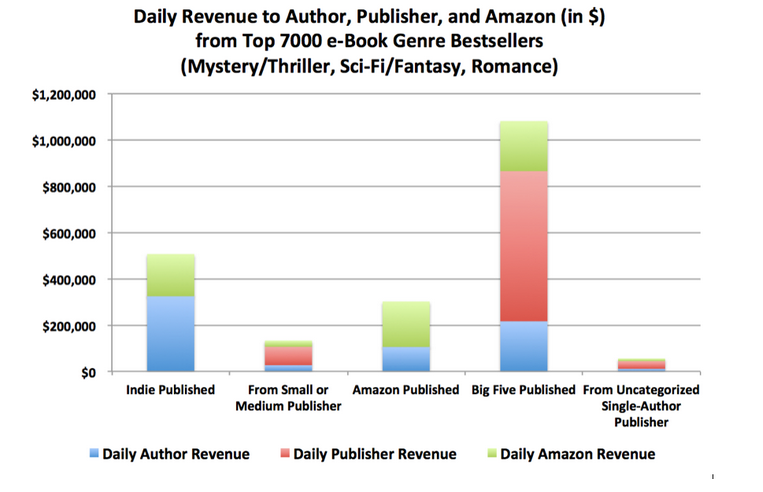Things we thought okay in 1984 we don't think okay now
- smoking in bars, restaurants and other people's houses
- dog excrement on pavements - we didn't like it, but grudgingly accepted that to a dog, the whole of outdoors was a potential lavatory
- milder forms of sexual harassment
- huge shoulder pads, streaky hair, clothes bigger than you were (like Princess Diana's wedding dress)
- burglar alarms that had to be turned off by a human, and frequently rang for three days straight over a bank holiday
Things we have now we didn't have in 1984
- personal computers
- smart phones
- internet shopping
- ebooks and ereaders
- 24 hour drinking, often outside the bar to accommodate smokers
- speed cushions (because road planners are very very stupid)
- the London Congestion Charge (boo, hiss)
- fines on motorists (£135 million a year in the UK)
- a modest London one-bedroom flat costing half a million pounds
So what about thirty years' time? I really hope we get driverless cars, and if we do, people won't be able to understand how we endured the carnage on the roads: in the UK in 2013, 1,713 people were killed, 21,657 seriously injured. They'll also wonder why we put up with the pollution cars produce, and our streets being lined with parked cars. In London, most of us live in a car park.
Other possibilities: a cash-free economy, artificial intelligence, and undeniable climate change.
(And please, can we have drones? Amazon delivering by drone would be SO cool.)
What do you think will change in the next thirty years? Tell me in the comments.
What do you think will change in the next thirty years? Tell me in the comments.






































